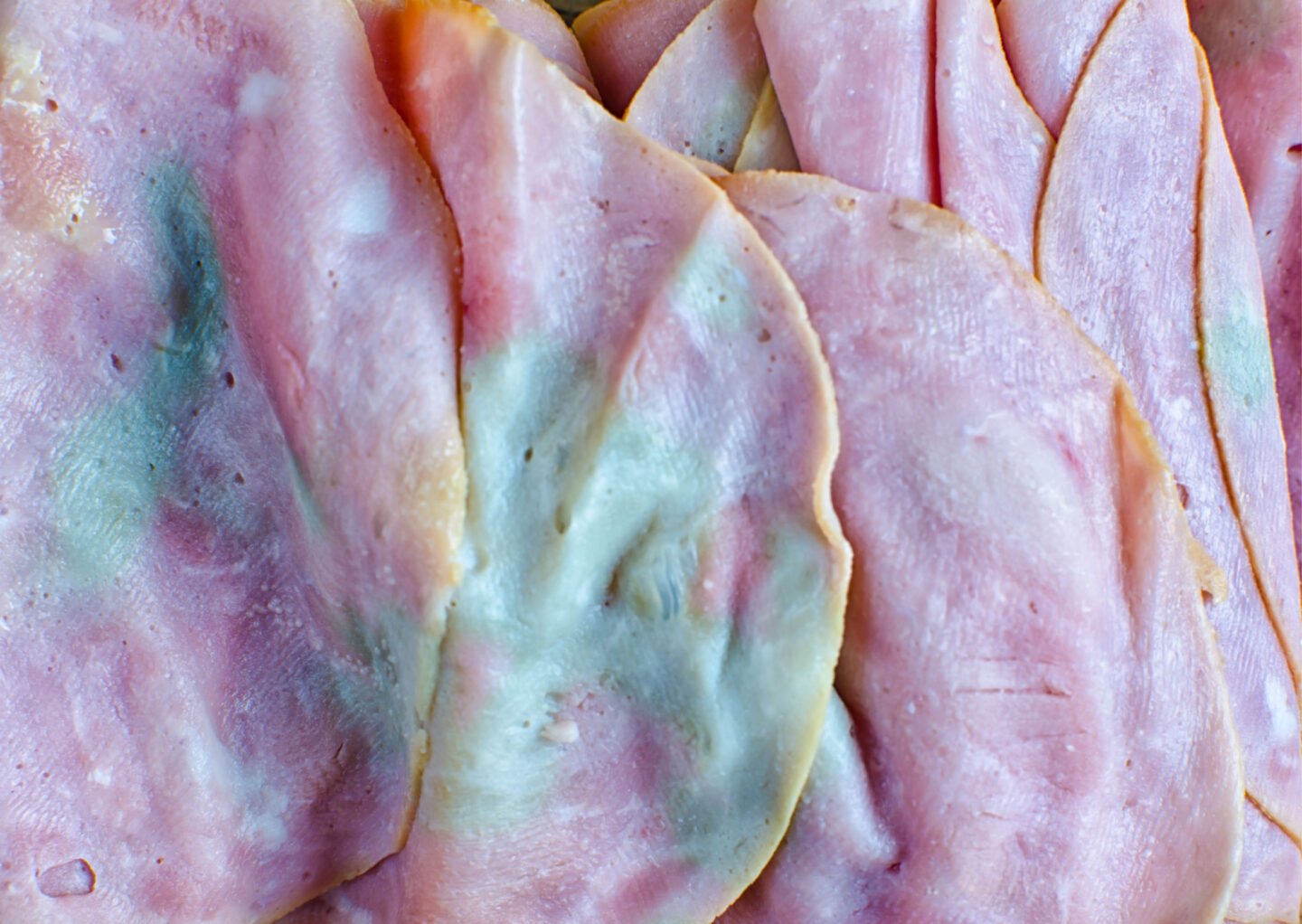
Slime On Ham Is Slimy Ham Safe To Eat? Tastylicious
1. Contrary to popular belief, the slime found on the surface of ham does not necessarily indicate spoilage. It is often a harmless protein called mucilage that is secreted by certain bacteria and can be present even in fresh ham. 2. The sliminess of ham can be greatly influenced by the temperature it has been stored at.

Slime On Ham Is Slimy Ham Safe To Eat? Tastylicious
So, can you eat slimy ham? Generally speaking, slimy ham is an indicator that bacteria has started to grow in and on the meat, which can cause food poisoning and other unpleasant symptoms. To be safe, I don't recommend eating raw cured ham that has gone slimy, even if you cut off the outside.

Green Eggs & Ham Inspired Slime Tutorial Green eggs and ham, Egg slime, Green eggs
Why Is My Packaged Ham Slimy? Packaged ham is a popular choice for sandwiches and recipe creations.However, it can occasionally develop a slimy texture that leaves consumers perplexed and concerned. This article aims to provide information on why packaged ham may become slimy and offers tips on determining whether it is safe to eat. By understanding the causes and potential risks associated.

Meet the Leftovers Slab of Slimy Ham YouTube
What Is the Slime Found On Meat? The slime you find on your ham is a by-product of living in a world where processed foods are all the range. Most deli-style meats are typically made using pork, beef, chicken or turkey as the foundation for the end product, as well as some added ingredients.

Making Slime with Ham Ham clearslime mixingslime howtomakeslime glitterslime kidstoys play
November 6, 2022. Slimy meat is a sign that the ham has been colonized by bacteria. These bacteria can cause food poisoning if they're eaten, so it's always safest to throw away a slimy ham. There may be other signs that your ham has gone off such as a sour or rotten smell or greenish, grayish, or other discolored parts.

Dr. Seuss Green Eggs Slime A Fun Dr. Seuss Day Kids Craft
If it smells okay, and tastes okay you should be good. Obviously if there's any hint of green going on you should err on the side of caution. As the saying goes: "if in doubt, toss it out". Or, take it back to the store and they should replace it for you. Most supermarkets have a return and replace policy these days.
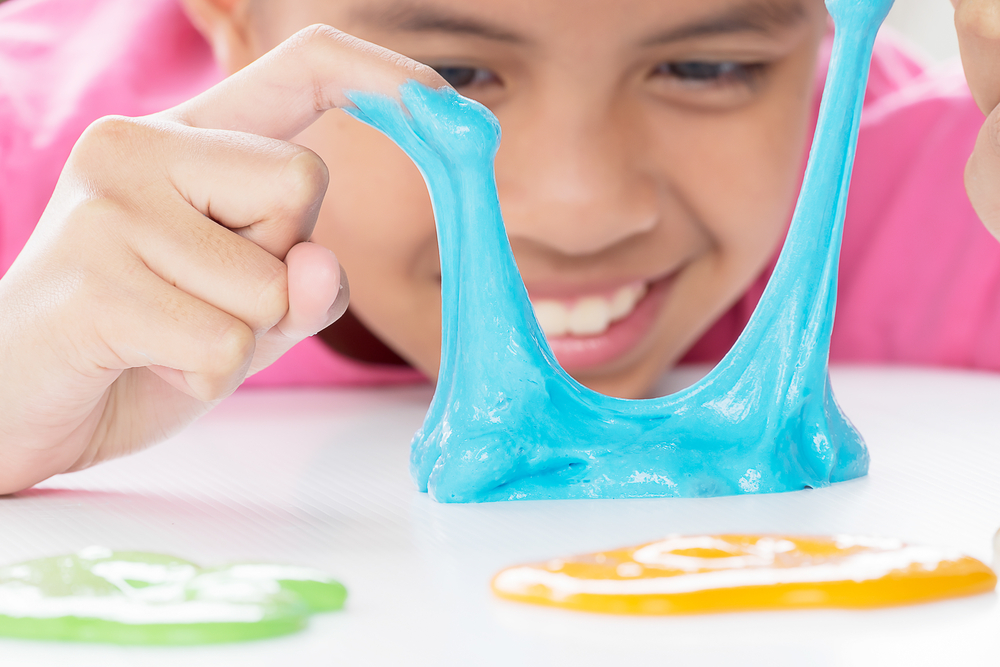
Baked Virginia Ham Tips From Town
What is the slime on ham? The slime that forms on your ham or any other type of deli meat is most likely to be fat. After a few days open, laying around in your fridge, deli meat starts its rotting process. Therefore, the fat that is inside the meat begins to melt, and it leaks out.

Ham Sandwich slime tutorial, feat. the french YouTube
If you accidentally eat slimy ham, you may get sick from food poisoning. This is because slimy ham is an indicator that bacteria has started to grow in and on the meat, which can cause symptoms such as nausea, vomiting, diarrhea, and abdominal cramps. Bacteria can grow on ham due to improper storage, handling, or cooking.

Why Does Ham Get Slimy? (What Causes Slime on Lunch Meat?)
What Is the Rainbow Sheen on Ham? You may have noticed a glistening, sometimes greenish, rainbow iridescent effect on cut ham. This is not necessarily an indication of spoilage. Hams using nitrates and/or nitrites as curing agents undergo pigment changes when exposed to light and air due to a chemical reaction.

Slimy Ham but Not Expired Is It Ok to Eat It?
Slime on ham means there is bacterial growth that may cause food poisoning. The presence of slime also comes with a foul odor or discoloration, which should tell you to discard the ham. According to the Centers for Disease Control and Prevention, raw food, especially of animal origin, is more likely to cause food poisoning than other foods.
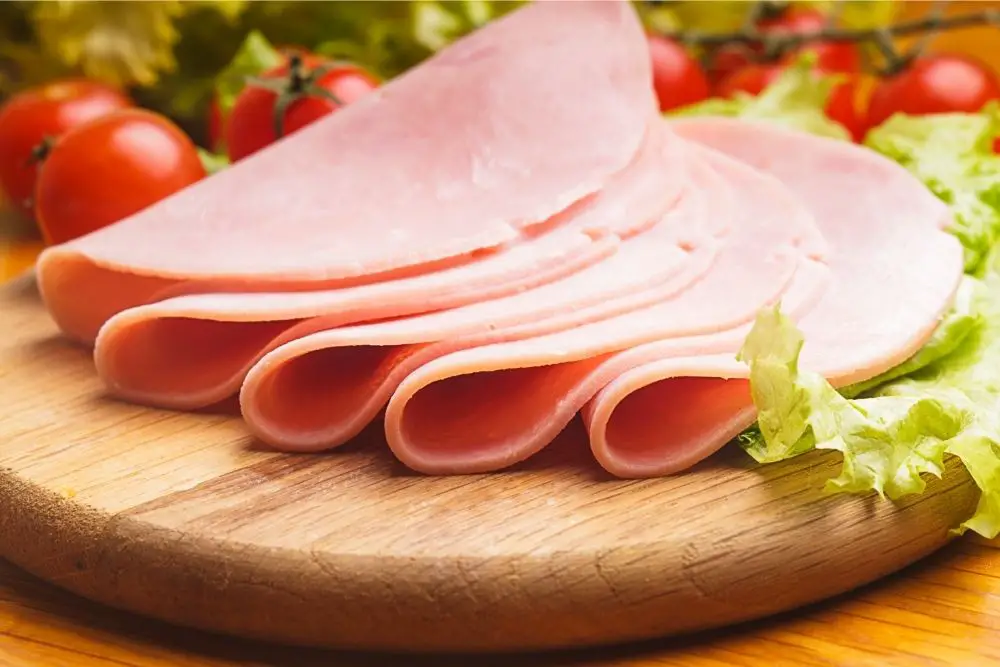
Why Does Ham Get Slimy? (What Causes Slime on Lunch Meat?)
Understanding what this sliminess (Slimy Ham) means is crucial for both food safety and quality, as it often points to bacterial growth or the start of spoilage. When ham begins to produce a slimy coating, it is typically a sign that it has been exposed to air for an extended period, allowing bacteria to multiply on the surface.

Is Slimy Ham Still Good? Home Cook World
Eating ham that smells off is inviting trouble, and you don't want to roll those dice. When your ham smells more "ew" than "mmmmm" it's time to let it go. Slimy or Sticky Texture. A slimy or sticky texture on ham is a clear warning sign of spoilage. This texture change is often due to bacterial activity or a moisture imbalance in.
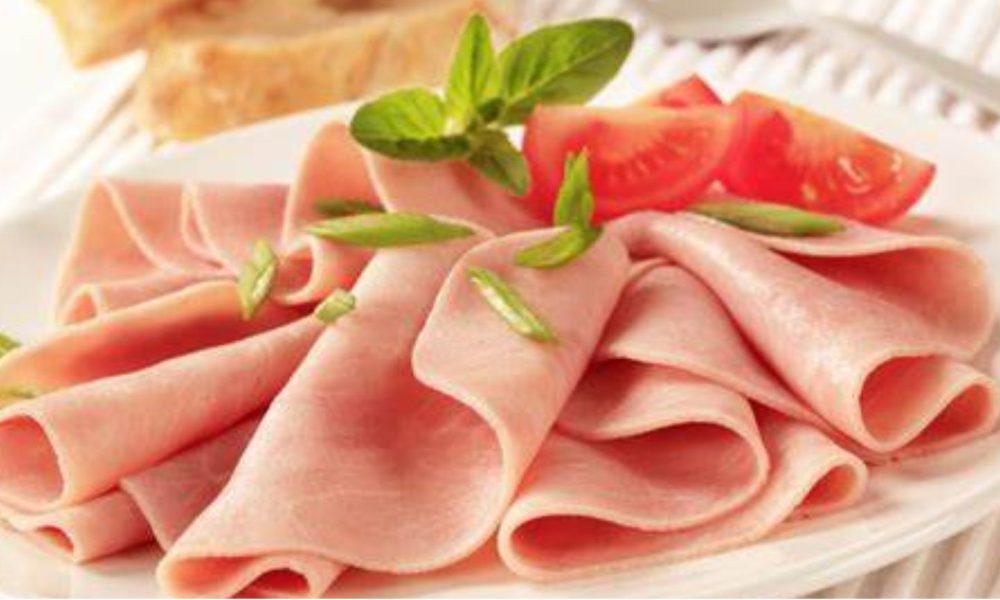
What is the slime that appears on the ham after a certain time Mazatlán Weekly
Slimy ham is an indication that harmful bacteria have colonized it, which can lead to food poisoning if consumed. It is recommended to dispose of slimy ham to ensure food safety. Other signs indicating spoilage include a sour or rotten odor and discolored parts such as greenish or grayish areas.
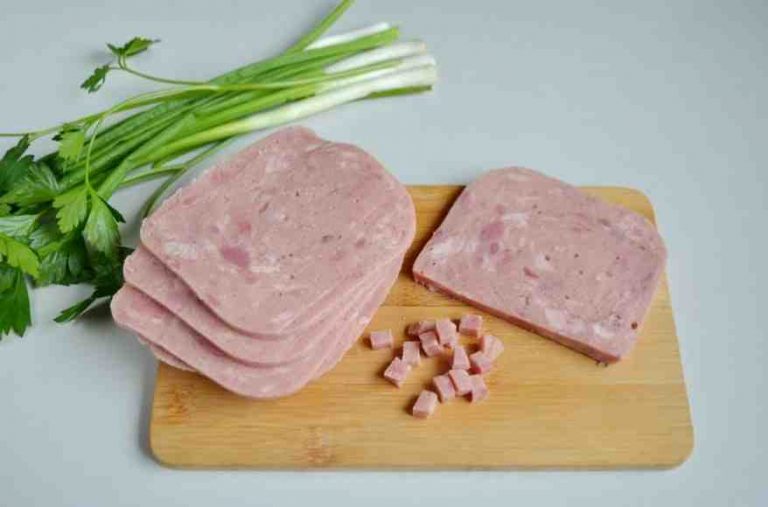
Why is my ham slimy? Kintoa Ham
Is It Ok to Eat Slimy Ham? So you've noticed that your ham is looking a bit slimy. And you're probably wondering if it's still safe to eat. Here's the thing: slimy ham is most likely to cause food poisoning and compromise your immune system due to being colonized by bacteria.

Outback Steakhouse Meet the LeftoversSlimy Slab of Ham Ad Age
chrisjlee 3,019 20 52 63 1 I've wondered this as well. Many lunch meats seem to accumulate an unappealing white slime on them. It doesn't seem like decay. Perhaps fat melted out of them at room temperatures and re-solidified on the surface in the fridge? - Sobachatina Jun 20, 2011 at 18:20
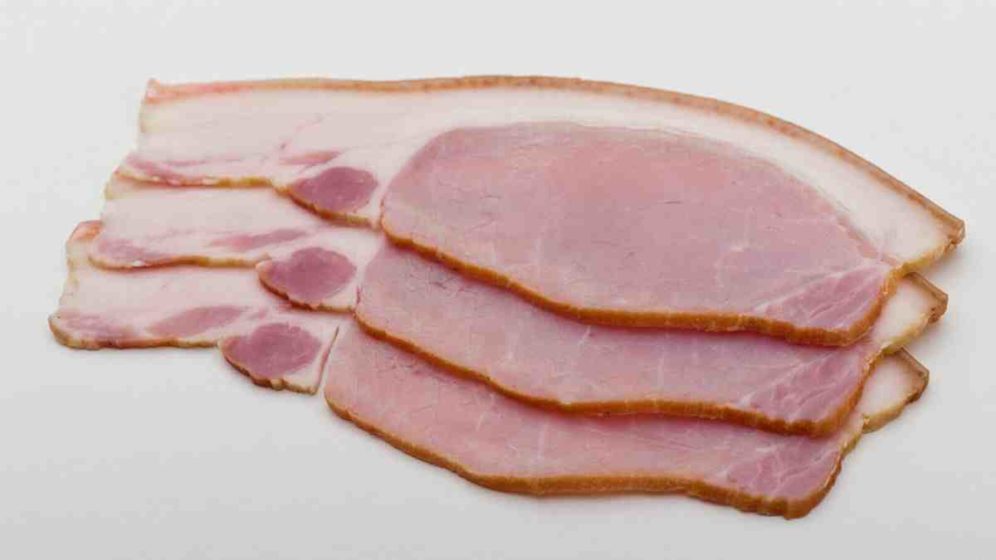
Why is my cooked ham slimy? Kintoa Ham
Slimy ham is typically not advised since the slime suggests bacterial development, which may cause food poisoning and weaken the immune system. It is also often associated with a foul odor or discoloration. You may still eat sometimes, as long as you prepare it and make sure it doesn't smell or look awful.